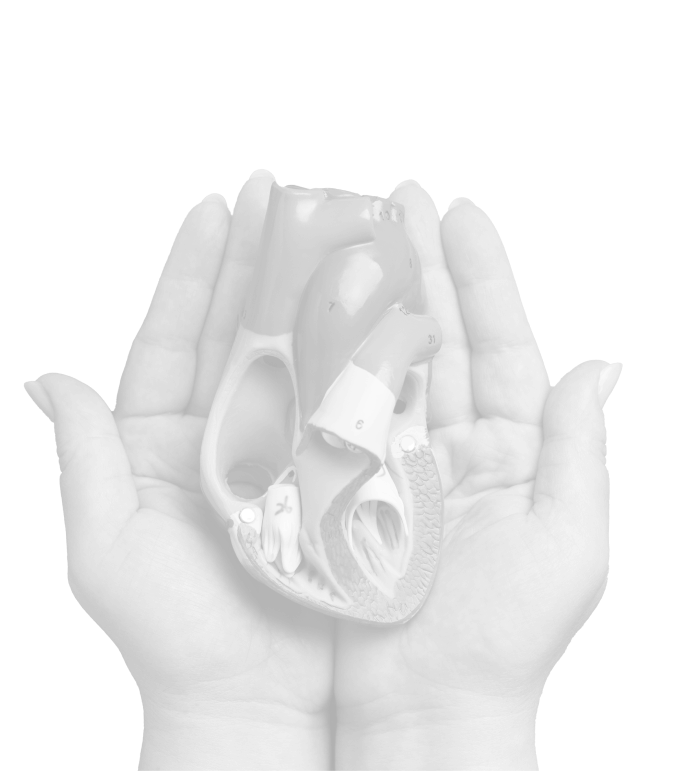Mirjalal Kazimi, a specialist-expert of the Ministry of Health, said.
He noted that often transplantation can be the only way of treatment: "If the number of transplanted organs was limited when transplantation was just started, now the cornea of the eye, heart, lung, kidney, liver, pancreas, small intestine, lower and upper limbs, face , uterus transplantation is on the list of performed operations".
M. Kazimi said that the most transplanted organ is the kidney: "The need for them is much higher than the liver and heart. Because more kidney diseases lead to the development of kidney failure, which leads to dialysis or organ transplantation.
Most patients with chronic renal failure for whom kidney transplantation is not contraindicated are suitable candidates for transplantation. These patients are either in the dialysis program or in the pre-dialysis period."
Regarding the medical and legal aspects of organ transplantation, the expert said that the recipient is the person who needs the organ or tissue transplant. A person who consents to the transplantation of organs or tissues is called a donor. These relations are regulated by many normative legal acts in this field. According to the law, in cases where the living donor is a close relative of the recipient during the removal of donor organs for transplantation from a living donor, the relationship must be confirmed with relevant documents. When the patient applies with a relative donor, the decision is made as a result of examinations. That is, according to the results of all examinations and tissue compatibility tests of both the patient and the donor, it is decided whether their operation will take place or not. If at any stage of the examinations (whether medical or non-medical) it is felt that the life of donor will be in danger, the examination is stopped and that person is not accepted as a donor."
According to him, people suffering from kidney failure need dialysis or a kidney transplant to survive: "Not every kidney failure patient can be transplanted. This is when dialysis is needed. It is true that dialysis sessions can save life from dangers, but it also destroys the entire healthy organ. cannot completely replace its functions.
After a successful kidney transplant, the patient regains his health, returns to his family, work, and ultimately society as a useful person. In this regard, kidney transplantation is a more rational treatment method. Kidney transplant surgery takes about 3-4 hours. The operation of the donor and the patient is performed at the same time.
Donors do not need special treatment. Organ transplant recipients take special drugs (immunosuppressive) to prevent rejection of the transplanted organ. Taking these drugs is mandatory, the number and dosage is determined by the doctor, and it must be strictly followed. Otherwise, it can lead to irreversible consequences.
I would like to note that one of the main conditions for the prevention of chronic kidney diseases is a balanced diet and maintenance of normal body weight. It is recommended to eat small portions during the day without overloading the digestive system. Also, it is very important to pay attention to the amount of salt.
